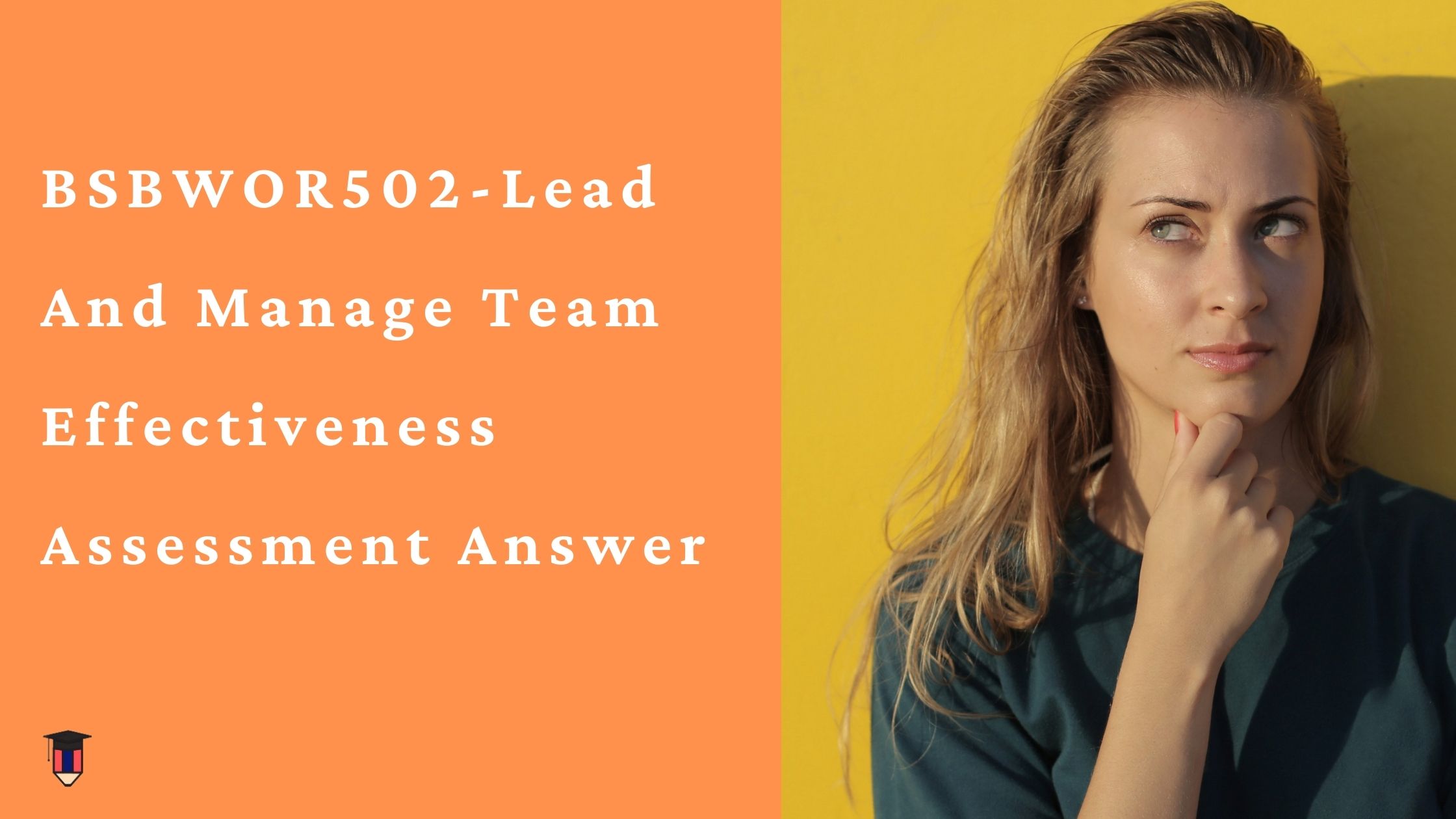curriculum vitae(CV) vs resume
 31-Jul-2024 07:43 AM
31-Jul-2024 07:43 AM

As you embark on your job search, you'll likely come across the terms CV and resume. While both documents outline a person's professional background and experience, they serve different purposes and have distinct formats.
Understanding these differences is crucial for effectively showcasing your qualifications.
In this blog, we'll delve into the nuances between a CV and a resume, providing a comprehensive guide to help Australian students and job seekers everywhere present their experience in the best possible light.
Whether you're just starting or looking to make a career change, this guide will offer valuable insights to enhance your job application process.
What is a Curriculum Vitae?
A resume is typically a brief, bulleted list or summary, whereas a Curriculum Vitae (CV) - is similar to the career section of an article. It provides a complete overview of a person's career, including their education, work experience, skills, and achievements.
A CV is a story of someone's professional life where it shows all the steps they have taken and what they learned throughout those processes.
-
Longer: A CV tends to be more real-time than a resume. It can stretch up to two pages and beyond. With this additional real estate, you can present a full picture of what the candidate has done during their academic journey including all relevant coursework, projects, and training.
A CV can be as long and in-depth as necessary to accurately document all academic achievements, or it may not include sections like a personal statement if unnecessary. -
Details: It is the information on a person's education and employment history. That would include all schools attended; every job held throughout one's life and major achievements in each of them.
This typically takes the form of a detailed write-up of responsibilities and achievements, offering a comprehensive view of one's skills and experiences. -
Why: People often submit a CV for academic or research types of jobs as well. In these cases, your CV highlights the long history of research, teaching, and publications that positions in this area value. Those applying for roles in universities, research institutions, or any other settings where academic credentials are important would need a CV.
-
It can be updated: A CV is something that can be regularly updated with new achievements and experiences. That is why adding new roles, promotions in jobs, new skills acquired, or new courses and workshops attended can be included. Frequent updates to the curriculum vitae will help ensure that all information of relevance is depicted according to the most recent professional facts.
What is a Resume?
A resume is a shorter document. Today we will see what the difference between a CV and a resume are. You should emphasize these key points: a summary of a person's knowledge and work experience. Think of a resume like the cover letter and objective statement summary that distils a person's career into bite-size bullet points.
-
Length: It is one page for a typical resume, max out at two pages. This centralizes all of the most important information in one place so that potential employers can get to it quickly. In high-paced industries where the hiring manager only reviews so many applications, this brevity is critical.
-
Pros: It features the experiences and skills most relevant to the job punters. This means only the best bits are selected that correlate with what is required in the job, i.e. concentrating on skills and achievements directly linked to your role documentation. Many times, the rest of a job description is left out to keep a potent resume focused.
-
Objective: Resumes are most often used to apply for job applications in business and industry as well. The use of resumes is more widespread in finance, marketing, engineering, and information technology (IT) than anywhere else because the emphasis here lies on relevant professional experience and skills. Knowing how to build a resume can go a long way in these areas.
-
Updates: Apply when you need to apply for a new job. The resume is updated according to the particular job, emphasizing what experiences and skills are of utmost importance. This would be extremely specific and thus help to strengthen the resume-position matching, making your CV more appealing to hiring managers.
Key Differences
-
Cover letter: The cover letter tends to be a single page. A resume is brief, with bulleted lists of essential pointers. The CV is an in-depth look at all the candidate has done academically and professionally, while the resume does its best to catch a potential hiring manager's eye by patting key points of interest.
-
Content: A CV is full of academic accomplishments. It will include the skills and experiences you have relevant to this position. A CV will contain a lot of detail, possibly including summaries of the research projects undertaken or the number and titles of publications in their list, whereas a resume is usually limited to skills deemed relevant to potential jobs being listed at the time specified by job requirements.
-
Use: CVs are for academic and research jobs. For most other jobs, resumes are used instead. A CV contains comprehensive information. A CV is best used for positions that require an understanding of the full entirety of background, a small concise resume suits most professional jobs in every industry.
-
Updates: CVs tend to be more current. They are tailor-made for specific job applications. An updated resume presents only the most important information per job application, whereas a CV can be consistently updated and should always offer up-to-date data.
-
When to Use a CV :An academic CV might be a requirement when applying for research positions and some program teaching faculties in Australia. In the medical, legal, and scientific professions, showcasing a comprehensive academic history (CV) is crucial for seeing the whole picture in many of these roles. CVs are used to chronicle extensive research or training accomplishments.
-
When to Use a Resume:All jobs in Australia will request a resume both your first and even 10th job, so we should start with this topic. Resumes are typically for business, industry, and non-academic jobs.
It is the fastest way to demonstrate to an employer which skills and experience are most applicable to a specific job. That makes much more sense for jobs and industries that are very fast-paced where employers want to be able to quickly size up whether a candidate is right.
Tips for Writing a CV
-
Personal Information to Begin with: Your Name, Address, Phone Number, and email ID. Be sure to correct these details so the potential employers don't face any problems in getting back to you.
-
Education: List all degrees you have attained in reverse chronological order. List the name of the school, degree, and date of graduation. Include any accolades or awards that you received in your academic career.
-
Career Summary: Give brief details of your work experience. Include the job title and company name. Include dates, employed details of your duties in each position, as well as any accomplishments. Skills - Write any skills you have, eg: computer literacy or languages spoken. Mention your proficiency and certifications in precise terms.
-
Publications and Presentations: It includes books, articles, or presentations. Also include the title, publication date, and location published/presented.
-
Awards and Accomplishments: If you have received any awards or honours, mention them. This can be through academic laurels, scholarships, or achievements in the professional world.
-
References: Provide names, email addresses, and phone numbers of people who can recommend you. Select Professional or Academic References.
Tips for Writing A Resume
Name, Address, Phone Number, and Email Contact details should be included in the resume. Remember to keep this information easily accessible at the very top of your page.
-
The Objective: Keep it short and be clear about what you want to do in your career. Customize this answer based on the type of job you are applying to and how these goals would align with that employer's needs.
-
Professional Experience: Include first job and so on. Include your employment history (include job title, company name, and dates of employment). Summarize key roles & responsibilities performed during the tenure.
-
Education: List your degrees and the names of schools you've gone to. Include any relevant coursework or projects that apply to the job.
-
Key Skills: Include the functional skills and technologies familiar with. There might be something technical such as programming, or soft skills and their functions in the job role.
-
Certifications: Mention all the certificates or licenses you may have. The need is simply more crucial when it comes to jobs where certain qualifications are a must.
-
References: (You may also add references available upon request) Ensure your references are ready to touch upon something positive about you.
Example of a CV
Personal Details
• Name: John Doe
• 123 Main Street, Sydney, Australia
• Phone: 0123 456 789
• Email: johndoe@example.com
Education
1. PhD, Chemistry at the University of Sydney (2020)
• Thesis Title: "New Fronts in Modern Analytical Chemistry"
1. MSc (Chemistry), University of Melbourne - 2016
• Thesis title: "Various Methods of Chemical Analysis, New and Progressive
1. BSc, 2014 Chemistry The University of Queensland
Work Experience
1. As a Research Scientist at CSIRO since 2020
• Developing new chemical analysis methods in a team-based effort.
• Authored Numerous Publications in Peer-reviewed Journals
1. Laboratory Work Experience at the University of Melbourne (2016-2020)
• Helped flag experiment batches and collect data.
• Included in senior researchers on the team papers.
Skills
• Analytical Chemistry
• Research and Development
• Scientific Writing
Publications and Presentation
• Journal Reference: Chemistry Journal, 2021 -- New Analytical Methods
• Australian Chemical Society Conference, 2022 (Oral)
Awards and Honors
• Winner of Best Research Paper at the University of Sydney, 2020
References
• Dr Jane Smith - University of Sydney, janesmith@sydney.edu.au
Example of a Resume
Contact Information
• Name: Jane Doe
• Location: 456 Some Other Street, Brisbane.
• Phone: 0987 654 321
• Email: janedoe@example.com
Objective Statement
Driven professional looking for a marketing role where they can apply expertise in digital and social media management.
Work Experience
1. Marketing Co., Digital Marketing Specialist, 2018-Present
• Designed and managed online marketing campaigns which increased company revenue by 25%.
• Improved engagement through social media strategies designed and executed(commit) 40%
1. Media Solutions, Social Media Manager (2015-2018)
• Increased social media followers by 50% through content and interaction targeting.
• Performed social media analytics to enhance campaign tactics.
Education
• Bachelor of (Marketing), The University of Queensland, 2015
• Digital Marketing Specialist.
• Capstone project on best practices for advertising online completed
Skills
• Digital Marketing
• Social Media Management
• Content
• Creation
Certifications
• Professional Certificate in Digital Marketing
• References
• Available upon request
More Tips for a Great CV
Your CV should be precise and to the point. Use headings to divide the sections and make them readable. Here are more tips on how to design a CV that shines:
Bullet points should begin with an action verb such as "developed", "managed" or "implemented”. It demonstrates that you perform tasks and contain them in accomplishments.
Language of Action verbs: The use of action language helps to create a sense in the reader that you see them as someone who can take initiative and with responsibility.
If achievable, quote your accomplishments in numbers. E.g.: Increased sales by 20%, Managed a team of 10 people, etc. When you add this all up, it directly speaks to quantifying achievements and ultimately pointing at a success gate.
Craft your Resume: Tweak your resume to fit the specific job application. Focus on the skills and experiences that are most pertinent to the job for which you're applying. Employers see that you have exactly what they need.
Avoid using too many different fonts or colours. Follow a simple, professional design. Keep your CV well-structured as it is logically easier to read & looks good.
Proofread your CV for typo errors. It leaves behind a not-so-favourable impression on your employers. It also helps to have someone else give your CV a one-over in case you overlooked any spelling mistakes.
More Tips for a Great Resume
The resume must be terse and to the point.
Below are extra resume tips to make your application stand out:
-
Keep it Simple: Use plain language and avoid complications. Your resume should be clean and simple to read. The point is that you want to communicate your qualifications succinctly and effectively.
-
Results-oriented: Showcase your top achievements and results you have delivered in previous jobs. What can you offer the company? Illustrate your accomplishments with specific examples.
-
Keywords: Many companies use software to screen resumes. Use keywords from the job description to make sure your resume gets noticed. This can help your resume pass through initial screening filters.
-
Honesty: Do not oversell or overstate your skills or experiences. Be truthful about what you have done and can do. It establishes trust with potential employers and ensures that you are in a position where you can thrive.
Every CV update needs an accompanying note. A cover letter helps you clarify your interest in the job and strengthens what a good match you are. It lets you be a bit more of yourself and express some enthusiasm.
Digital CVs and Resumes
You require an online profile in this new digital world. You would be shocked to learn how many employers in Australia view the LinkedIn profiles of prospective candidates.
Tips to prepare a killer digital CV resume :
-
LinkedIn Profile: Ensure your LinkedIn page is present and active. That means uploading a clean headshot and a short bio outlining your skills. Participate in discussions and share useful content with your network.
-
Online Portfolios: Compile your work samples into online portfolios. It is particularly helpful for creative people who are designers or writers. Display your greatest hits while providing context around what you accomplished.
-
Social Media: Be cautious of what you write in the posts. Employers are known to look at social media profiles, so keep your image clean and professional. Some other settings can be used for privacy to hide content that you may not want potential new employers to see.
-
Portfolio: Having an online portfolio is a fantastic way to show off your work and skills, which kind of goes hand-in-hand with having your website. Attach your CV/resume, bio, and any related content. It can be a centralized location for all your professional information, which is your website.
Conclusion
The differences between a CV and a resume in Australia are important to be aware of for job-seekers. CV is meant for academic and not everyday jobs, but the main difference between a resume and a CV is that resumes tend to be very concise. These are two critical documents for displaying your skills and experiences.
For students and job seekers needing additional support in their academic journey, Digi Assignment Help provides expert guidance and resources to help you excel. Whether you need help with assignments or want to refine your skills, Digi Assignment Help services are designed to ensure you achieve your academic and career goals.
Top Blogs
|
Researching Unique Speech Topics For Students
|
||














.webp)
.webp)












